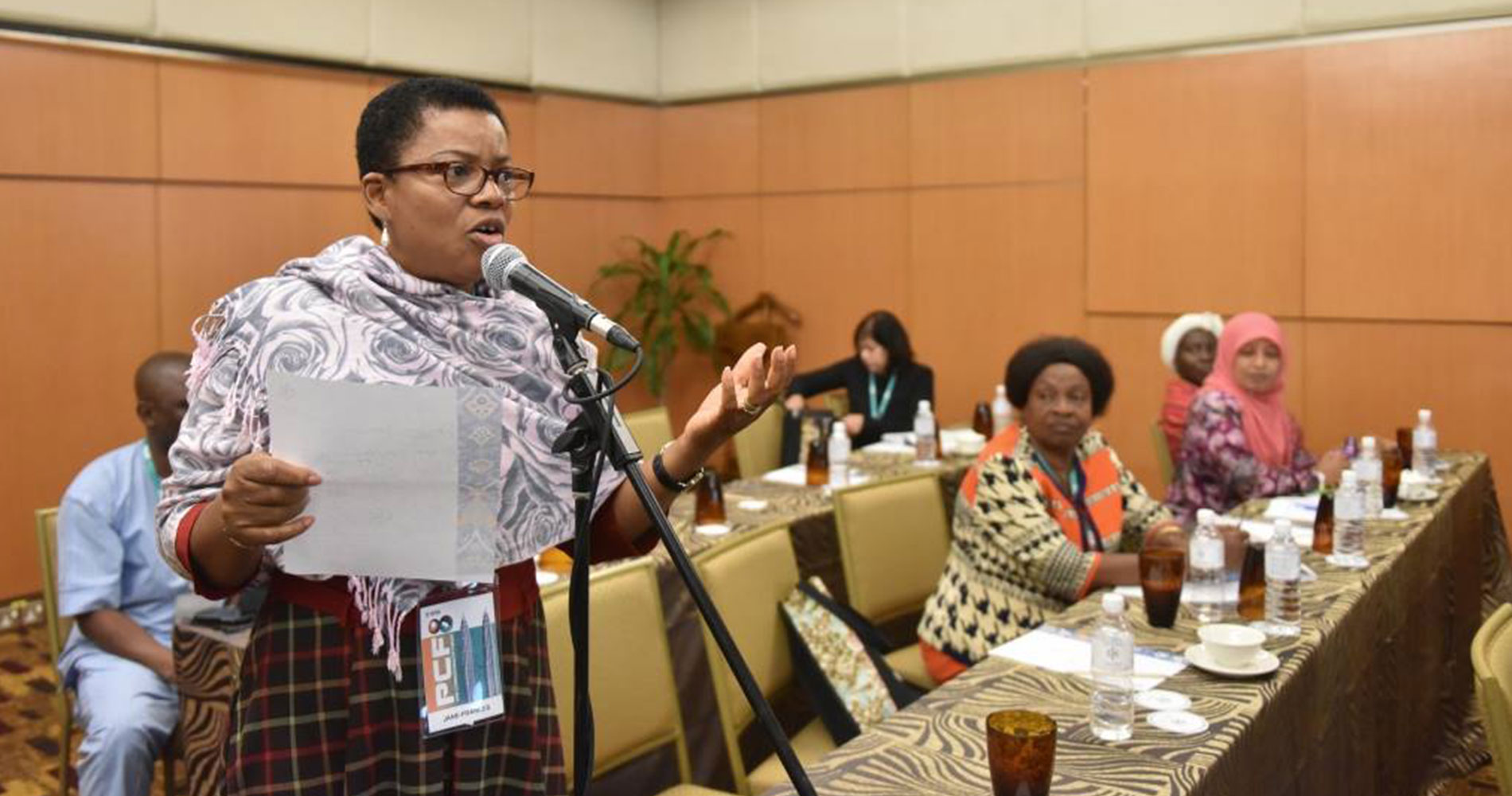
SUB-THEME EFFICIENCY AND EFFECTIVENESS
Parallel Session 5: Room 406-407
Effective Learning Outcomes 2
KLCC, 29 November: The session explored issues surrounding learner satisfaction in ODL and how ODL helped to produce effective teachers.
Dr Hafsat Lawal Kontagora from the National Teachers Institute (NTI), Nigeria, talked about the unexpected findings of its Teacher Effectiveness Study (TES) which revealed that teachers who were trained through ODL were generally more effective. This was a departure from the general perception that teachers who were educated through ODL tended to be less effective.
However, she added that there was no empirical evidence to prove that this assumption was right. The findings showed that ODL had a great impact on their performance as effective teachers while the self-study aspect of ODL has imbued self-reliance and confidence in these teachers.
Also, ODL education has an immediate impact on teaching as the knowledge gained could be instantly applied in their work. Dr Kontagora found that without the ODL programmes, the crisis facing the teaching profession could have worsened as about 145,000 additional teachers were required to meet the pupil-to-qualified teacher ratio (PQTR).
Dr Rasela Tufue-Dolgoy from National University of Samoa, whose study on teachers’ perception of ODL in the country revealed that teachers including those in remote areas preferred the blended mode of study instead of the conventional method.
She also said learner support was a crucial factor for effective teaching and learning for ODL learners, which also contributed to their academic success. The findings concluded that in Samoa, the Internet still remained a barrier for effective use of ODL, thus, blended learning was generally preferred by learners.